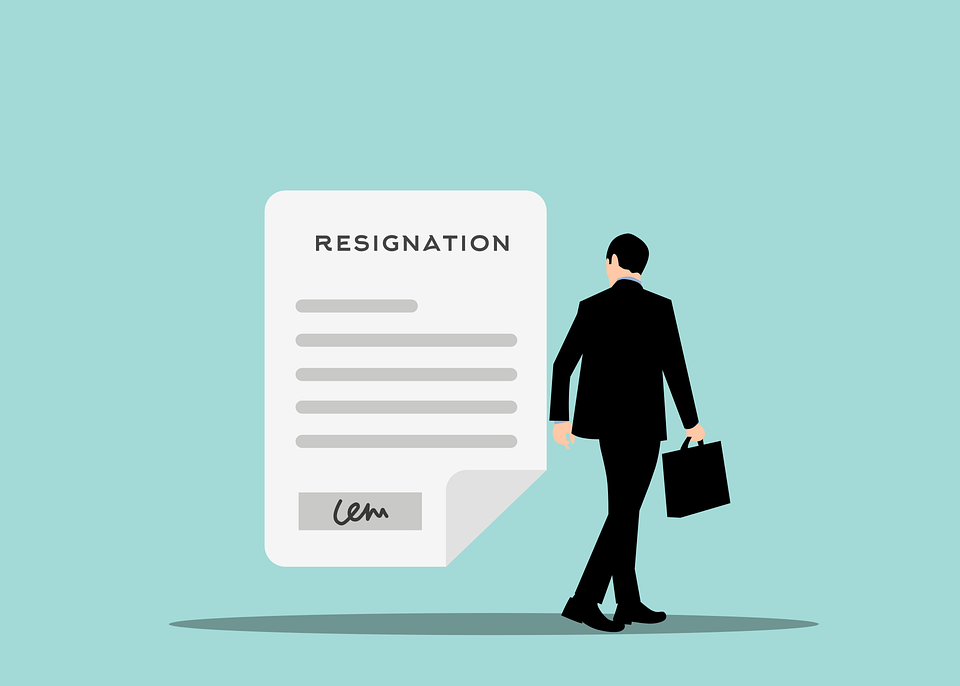Job hunting can be one of the most stressful processes a person can go through. It’s a period of instability with a lot of unknowns. And this is unsettling for many people. But if you don’t manage your anxiety levels throughout your job hunt, you can end up feeling burnt out. You may even end up accepting a job offer for the wrong reasons if you’re not thinking clearly.
So try using these techniques to reduce your job search anxiety:
- Manage your finances
- Use power hours
- Set up job alerts
- Find a part-time job
- Don’t dwell on the losses
- Make time for you
- Trust the process
- Listen to motivational podcasts
- Practice meditation
9 tangible ways to reduce job search stress
1. Manage your finances
Finances are probably one of the biggest stressors during a job hunt. If you’re out of work, you’ll naturally be worried about how long your finances will last. And you don’t exactly want to eat into your savings. But instead of putting this to the back of your mind, face your finances. Work out exactly how much money you have and what your monthly outgoings are. Find ways to cut your spending and create a weekly budget. Don’t forget, you can also apply for universal credit.
2. Use power hours
A power hour is when you use one hour to fully concentrate on the task at hand with no distractions. If done correctly, you’ll end up achieving more in your power hour than you would over 3 hours. So don’t feel like you need to spend your entire day job searching. Break it down into smaller chunks so that the job hunt doesn’t consume your day.
3. Set up job alerts
Subscribing to the best job platforms is a great way to free up some mental space. Instead of constantly checking in on job boards throughout the day, you’ll get notified when a new job goes live. Take the time to set up job alerts. This will massively reduce your time spent searching!
4. Find a part-time job
If money is worrying you, perhaps you can find a part-time job to help tie you over. This doesn’t have to be anything to do with your career. There are plenty of part-time jobs that don’t require any experience. Knowing you have some money coming in can help to take the pressure off.
5. Don’t dwell on the losses
Unfortunately, dealing with rejection is a natural part of the job search process. Try to remember that everyone goes through this. It’s nothing personal and doesn’t reflect your ability. Focus on the positives and view each ‘No’ as one step closer to getting that ‘Yes’.
6. Make time for you
It’s important not to let the job hunt process consume you. Be intentional about making time for the things you enjoy. Exercise, see friends, go for walks or spend time baking. Whatever you enjoy, make time for it!
7. Trust the process
Always remember that nobody career-driven stays unemployed forever. If you want to find a job, it will happen. Just don’t expect it to happen overnight. Sometimes the length of time to find a job can take a little while – but this is completely normal!
8. Listen to motivational podcasts
Job hunting can be a lonely and demotivating process. So everyone needs a little boost from time to time. Try listening to one motivational podcast per day to improve your motivation levels. This will help you power through the lows and you’ll gain lots of valuable pieces of advice.
9. Practice meditation
Meditation is a fantastic tool to reboot your internal system and cope with stress. Try using guided meditations on apps like InsightTimer or HeadSpace. Just 10 minutes of meditation in the morning can transform your entire day.
Just breathe
You’re not alone in feeling the stress of job hunting. But fretting won’t help the situation. To find the right job, you need to stay in the right frame of mind.
Use SonicJobs for a stress-free job search. With the UK’s largest database of jobs, you can manage all your applications from our app. Get browsing today!









